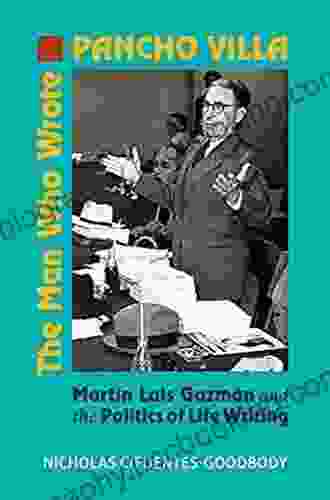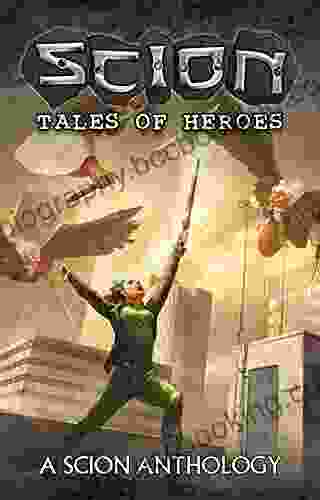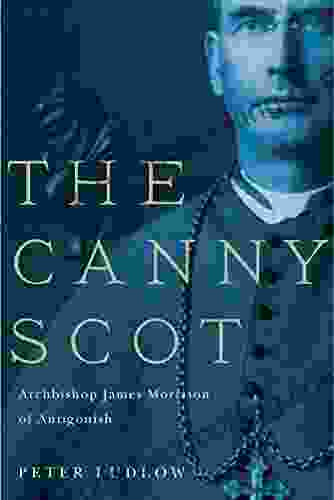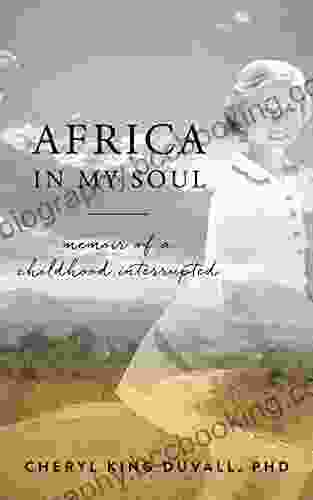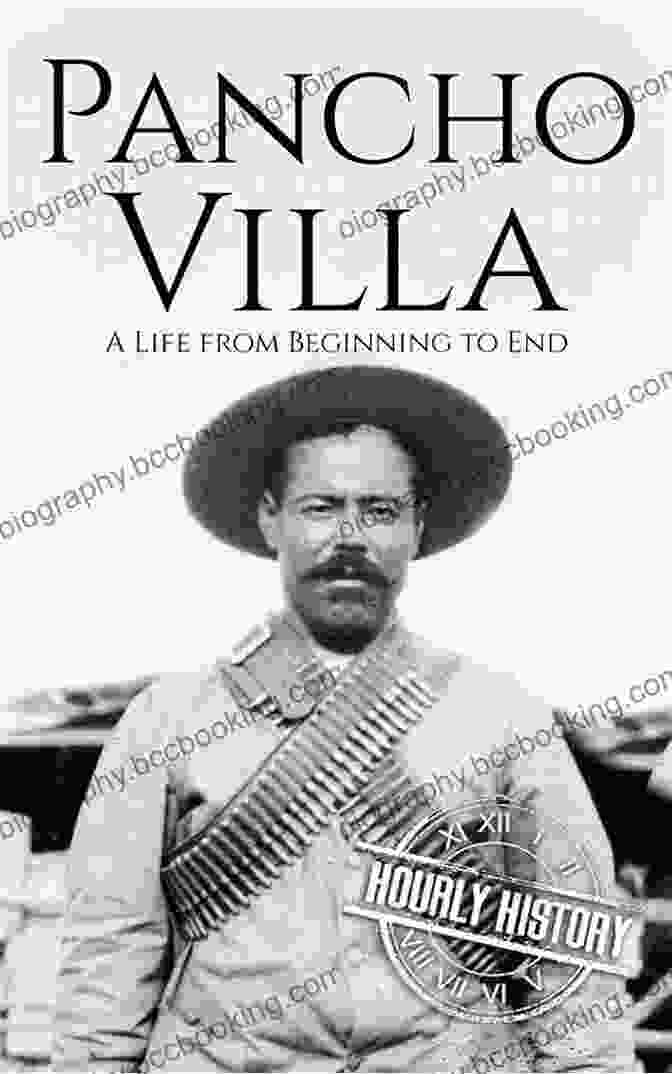
: A Mysterious Figure Emerges from the Shadows
Pancho Villa, the enigmatic and charismatic revolutionary leader who played a pivotal role in Mexico's tumultuous history, has captivated imaginations for generations. However, behind the legend lies a lesser-known figure, a man whose words brought Villa's exploits to life: Frederick A. Ober.
Ober, an American journalist and writer, embarked on a perilous journey to the heart of the Mexican Revolution, seeking an audience with the legendary Villa. His experiences and observations culminated in the publication of "The Man Who Wrote Pancho Villa," a gripping account that cemented Villa's place in history and established Ober as a master storyteller.
Into the Heart of the Revolution: Ober's Quest to Find Pancho Villa
In 1911, as the Mexican Revolution erupted, Ober set off on a daring expedition to witness the unfolding events firsthand. Armed with a notepad and a keen eye, he traversed treacherous landscapes and navigated dangerous encounters, driven by an insatiable desire to uncover the truth behind the enigmatic Pancho Villa.
Ober's journey led him through remote villages and battlefields, where he met with rebels, soldiers, and civilians alike. Each encounter deepened his understanding of the complexities of the conflict and the role that Villa played within it. With his fearless spirit and diplomatic skills, Ober eventually secured an audience with the legendary revolutionary leader.
Face-to-Face with the Centaur of the North: Ober's Encounter with Pancho Villa
Ober's account of his meeting with Villa is a vivid and unforgettable portrait of a man both enigmatic and charismatic. He describes Villa as a "centaur of the North," a fearsome warrior on horseback who commanded immense respect and loyalty from his followers.
Through conversations, observations, and a deep immersion in Villa's camp, Ober gained a unique perspective on the man behind the legend. He witnessed firsthand Villa's strategic brilliance, his unwavering determination, and his genuine concern for the people of Mexico. Ober's writings humanize Villa, revealing the complexities of his character and the motivations that drove his actions.
The Birth of a Literary Legacy: Ober's Impact on Pancho Villa's Image
Ober's book, "The Man Who Wrote Pancho Villa," became an instant bestseller upon its publication in 1914. His detailed account of the Mexican Revolution and his captivating portrayal of Villa captivated readers around the world, shaping the public's perception of the revolutionary leader for generations to come.
Ober's writings not only chronicled a pivotal moment in Mexican history but also cemented Pancho Villa's status as a legendary figure. His ability to capture the essence of the revolution and the character of its enigmatic leader left an enduring legacy, inspiring countless works of art, literature, and film.
Ober's Enduring Legacy: A History Hunter and Literary Pioneer
Beyond his account of Pancho Villa, Frederick A. Ober's career as a writer and journalist spanned decades and continents. He explored remote regions, documented historical events, and wrote extensively about the people and cultures he encountered.
Ober's work as a history hunter earned him recognition as a pioneer in the field of historical non-fiction. His writings continue to inspire and inform readers, providing valuable insights into the past and the human condition.
: Uncovering the Man Behind the Legend
"The Man Who Wrote Pancho Villa" is more than just a biography of a legendary revolutionary. It is a testament to the power of storytelling and the importance of uncovering the human stories behind historical events. Frederick A. Ober's journey to the heart of the Mexican Revolution and his encounter with Pancho Villa forever altered the course of history and literature.
Through his words, Ober brought a complex and enigmatic figure to life, shaping the public's perception of Pancho Villa and leaving an enduring legacy that continues to captivate and inspire generations.



